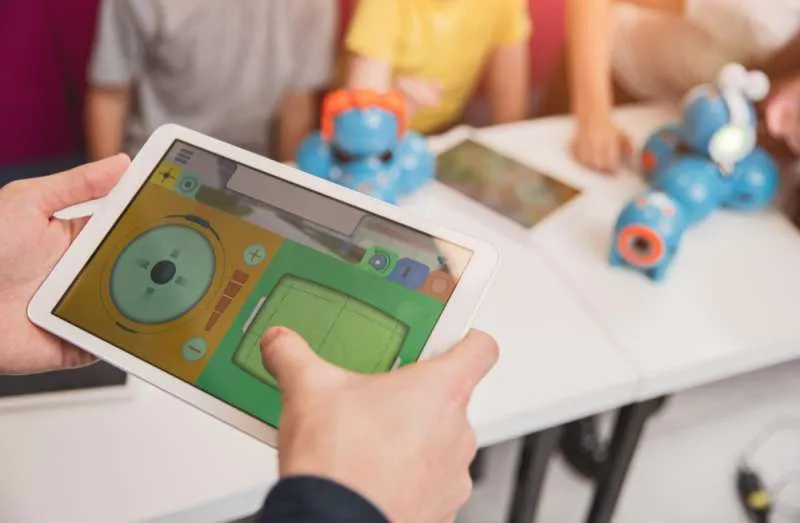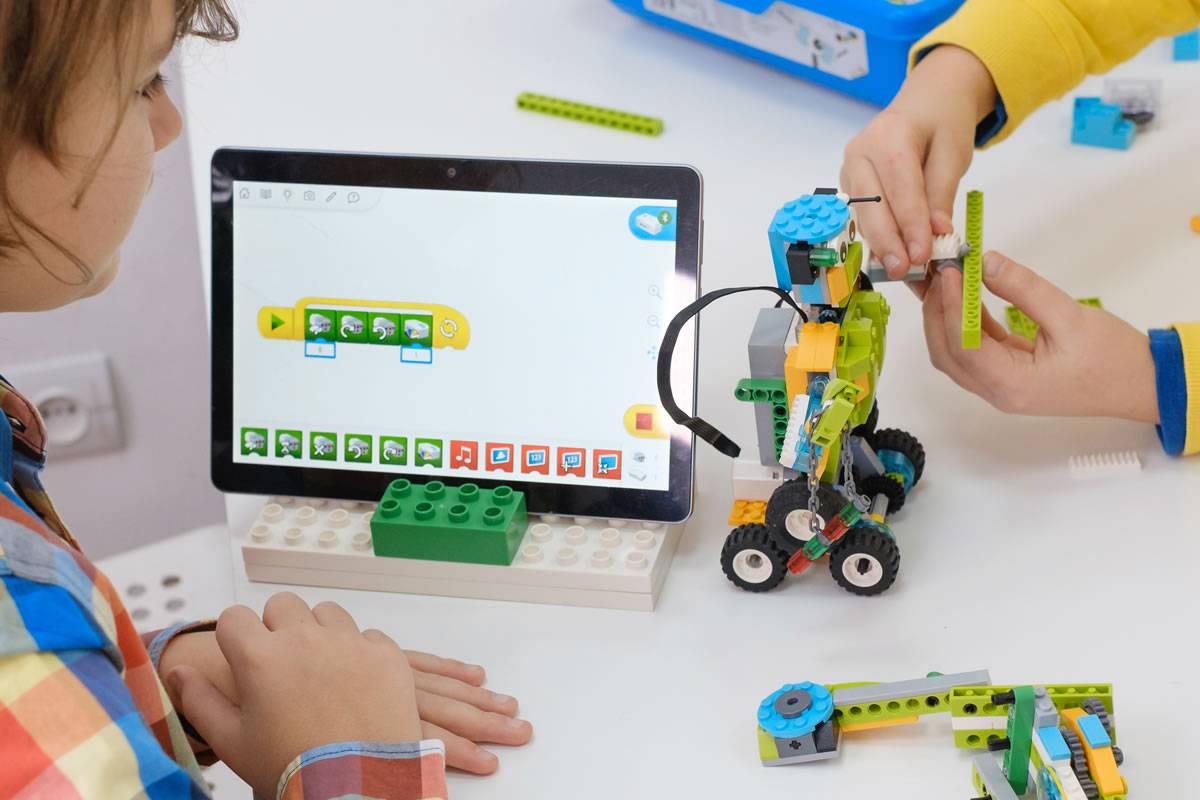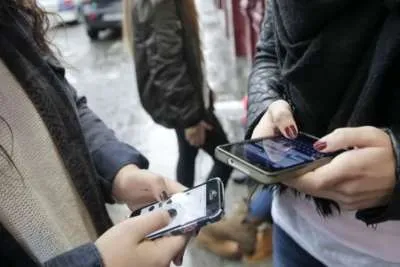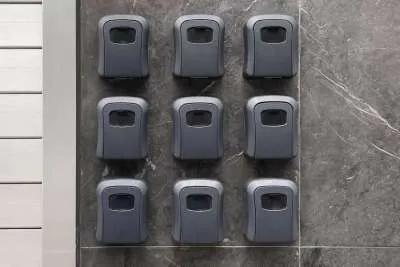How Toy Brands Are Shaping the Future of Play
- 28-05-2025
- Business
- collaborative post
- Photo Credit: Freepik
The world of play is evolving faster than ever, and toy brands are at the forefront of this transformation. From integrating cutting-edge technology to promoting inclusivity and sustainability, today’s toy companies are not just entertaining children, they are shaping how young minds grow, learn, and interact with the world around them.
Let’s explore how toy brands are redefining play for a new generation.
Embracing Technology
One of the most significant ways toy brands are shaping the future of play is through the integration of technology. Smart toys, augmented reality (AR), and artificial intelligence (AI) are no longer the stuff of science fiction, they are already in homes around the world.
Brands like LEGO have combined physical building sets with interactive apps, allowing kids to bring their creations to life digitally. Similarly, toys like Cozmo and Sphero blend robotics and coding to teach children important STEM (science, technology, engineering, and math) skills in a fun, accessible way. This fusion of physical and digital play not only entertains but also equips children with future-ready skills.
Focusing on Inclusivity and Diversity
Today’s kids come from diverse backgrounds, and toy brands are making sure that play reflects that reality. Companies like Mattel have introduced dolls with a wide range of skin tones, body types, abilities, and gender expressions, making toys more representative and inclusive.
For example, the Barbie Fashionista line includes dolls with prosthetic limbs, hearing aids, vitiligo, and various body sizes, helping children see themselves and others in their toys. This push toward inclusivity fosters empathy, understanding, and self-confidence, allowing kids to feel seen and valued during playtime.
Prioritising Sustainability
As environmental concerns grow, parents and kids are looking for eco-friendly options, and toy brands are responding. Many companies are rethinking materials, packaging, and manufacturing processes to reduce their environmental impact.
Brands like Green Toys use recycled plastic and minimal packaging, while LEGO has announced plans to make its bricks from sustainable materials by 2030. By prioritising sustainability, toy companies are teaching children the importance of caring for the planet, making playtime not just fun but meaningful.
Encouraging Open-Ended and Creative Play
While traditional toys often came with set instructions or limited functions, many modern brands are shifting toward open-ended play that sparks creativity and imagination. Toys like Magna-Tiles, Play-Doh, and open-ended building kits give children the freedom to invent their own stories, structures, and games.
This emphasis on creativity helps develop problem-solving skills, emotional resilience, and innovative thinking, all essential for success in the modern world. By giving kids tools rather than rules, brands are helping foster the next generation of creators and thinkers.
Supporting Emotional and Social Development
Toy brands are increasingly aware that play is not just about fun; it’s also a crucial part of emotional and social development. Many toys now focus on building cooperation, communication, and emotional intelligence.
Board games designed for younger children, for example, often teach teamwork and sharing. Plush toys and role-play sets can help kids express their feelings and navigate social situations. Brands that incorporate these elements into their products are helping children grow into emotionally aware and socially competent individuals.

Final Thoughts
The future of play is bright, thanks to the innovation and responsibility embraced by modern toy brands. By integrating technology, championing inclusivity, committing to sustainability, encouraging creativity, and supporting emotional growth, these companies are ensuring that playtime remains relevant, meaningful, and impactful in children’s lives.
As parents, educators, and caregivers, it’s exciting to see how toys are not just tools for entertainment but powerful vehicles for learning, empathy, and discovery. The next time you step into a toy store or shop online, remember, you’re not just buying a toy, you’re investing in the future of play.
Other articles that may interest you...
Trending
Most Read Articles
Featured Videos
TributoFest: Michael Buble promo 14.02.2026
- 30-01-2026
TEAs 2025 Highlights
- 17-11-2025




























































